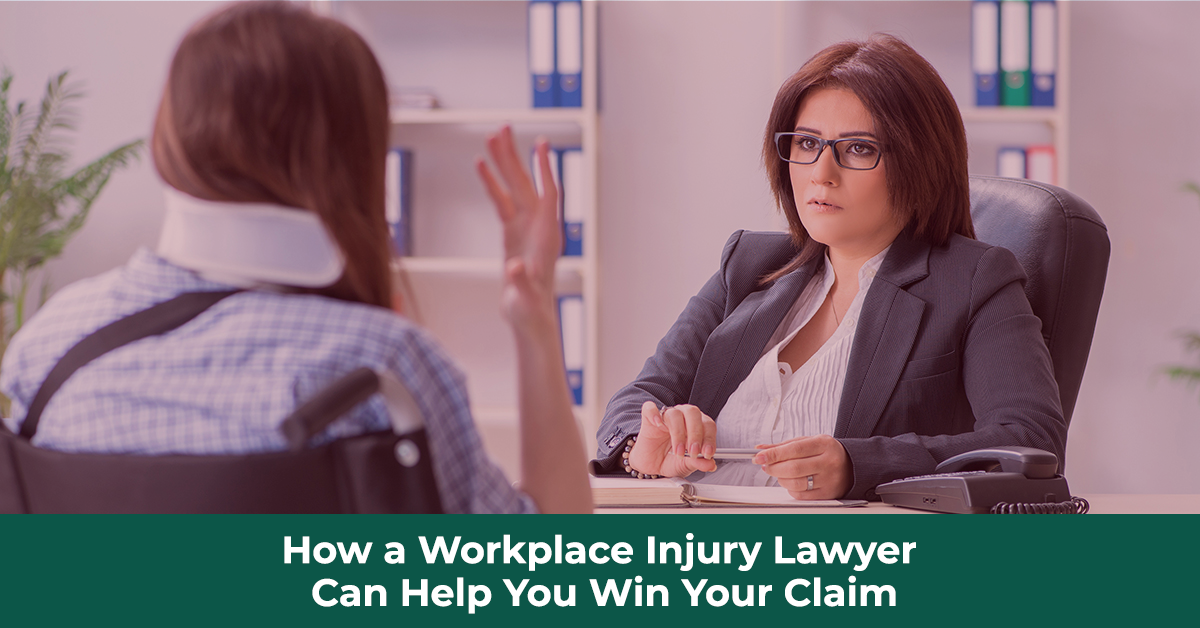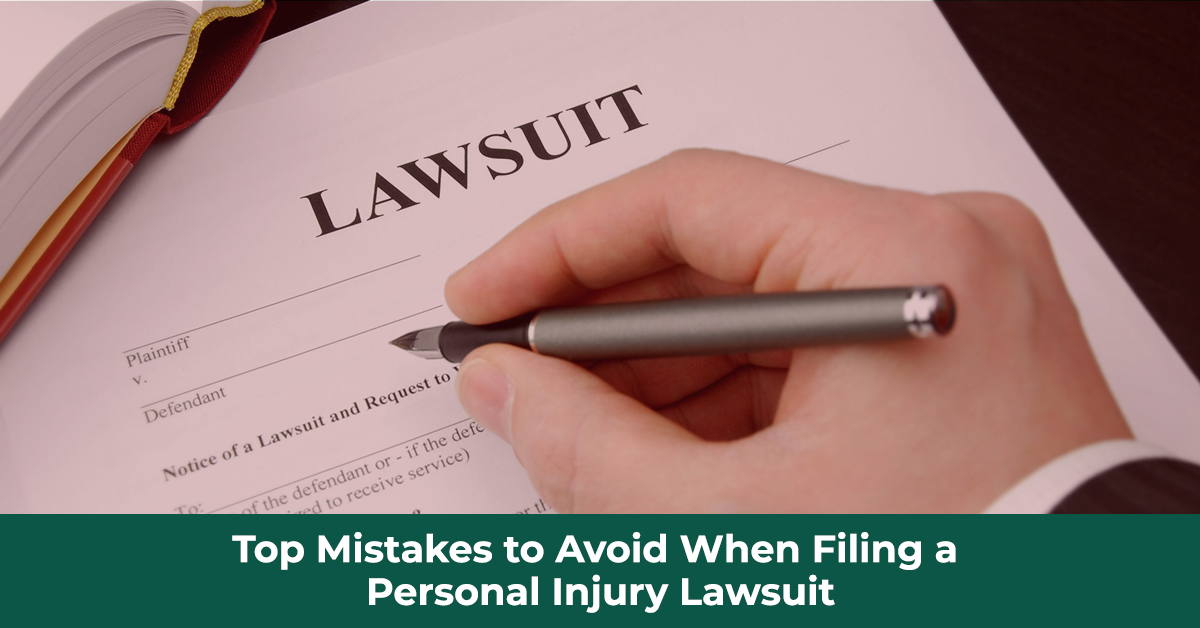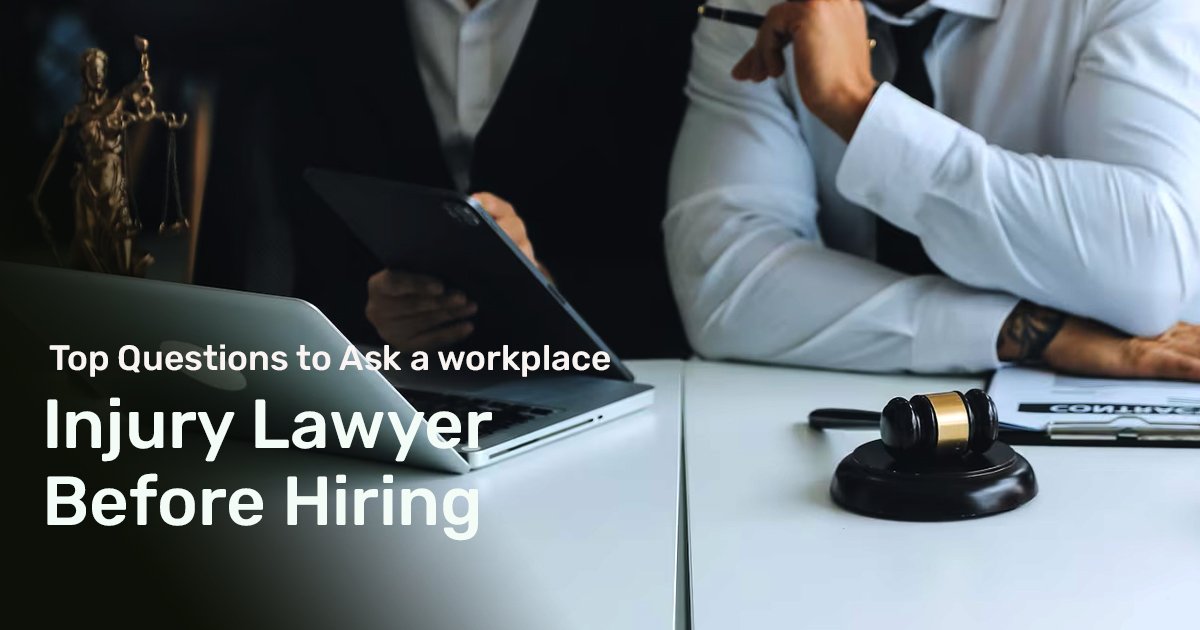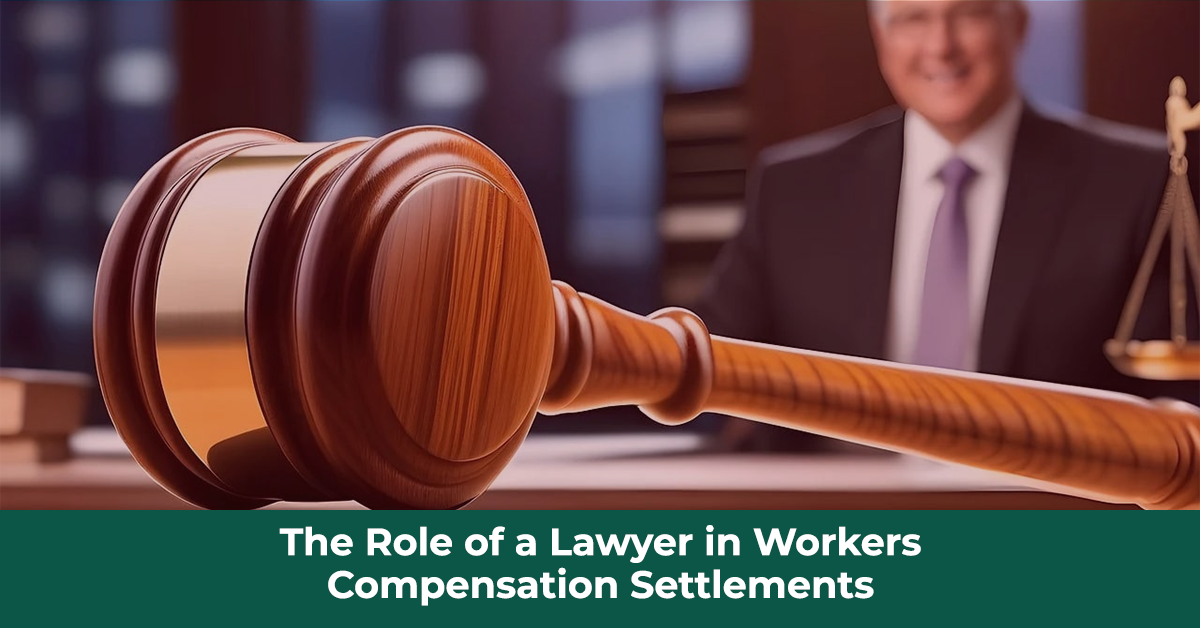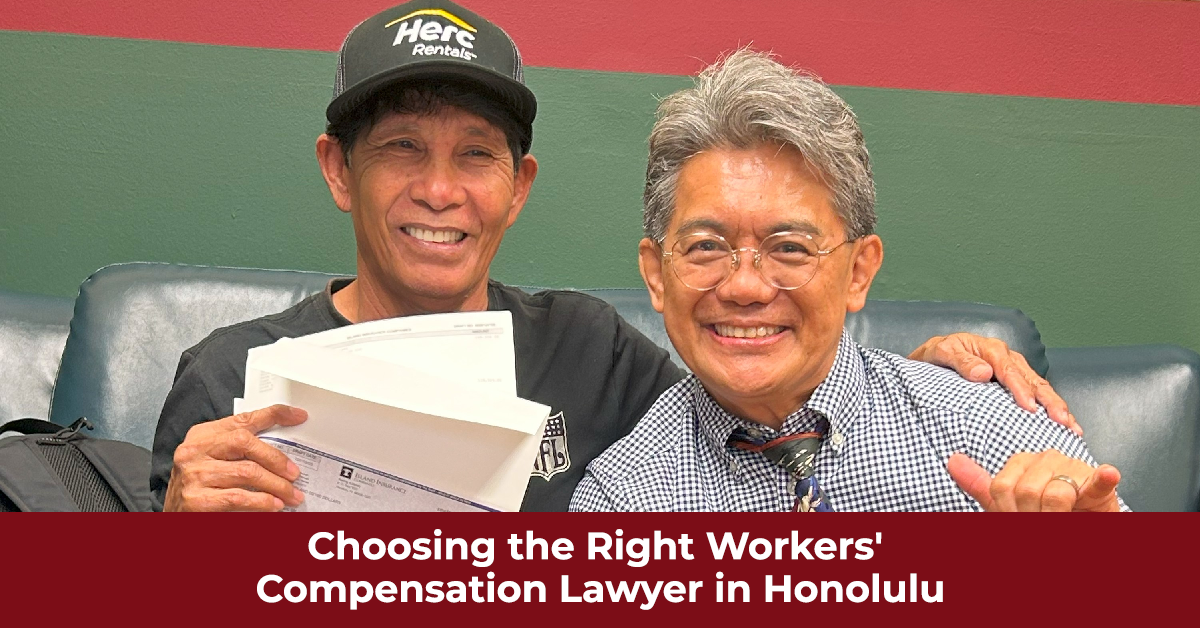A workplace injury can upend your life in ways you didn’t expect. From sudden medical bills to the stress of missing work, the impact can be significant. Fortunately, workers’ compensation benefits are designed to offer financial and medical support when you need it most. But understanding what you’re entitled to, and how to secure those benefits, can be confusing without proper legal guidance.
10 Key Benefits of Workers’ Compensation
At the Law Offices of Alex M. Sonson, we help injured employees across Hawaii navigate these challenges every day. With our experience as Workers’ Compensation Lawyers in Hawaii, we make sure no benefit slips through the cracks. Below, we’ve outlined the top 10 benefits available through Hawaii’s workers’ compensation system, and how we help you make the most of them.
1. Medical Care Coverage
This is the foundation of any claim. You are entitled to receive all reasonable and necessary medical treatment related to your work injury. This includes doctor visits, surgeries, hospital stays, medications, medical equipment, and ongoing therapy. And importantly, the costs are covered by your employer’s insurance, not you.
2. Temporary Total Disability (TTD) Payments
If your injury prevents you from working altogether during recovery, TTD benefits will replace a portion of your lost income. In Hawaii, these payments are typically calculated at two-thirds of your average weekly wage, helping you stay financially stable while you heal.
3. Temporary Partial Disability (TPD)
Sometimes, workers can return to work in a limited role or part-time capacity. If you’re earning less than you did before the injury, TPD benefits will help make up the difference. This ensures you’re not financially penalized while transitioning back into the workforce.
4. Permanent Partial Disability (PPD)
If your injury causes permanent damage but you’re still able to work, you may qualify for PPD benefits. These are paid based on your level of impairment and are determined by a medical evaluation. PPD payments acknowledge that even though you’ve returned to work, your capacity has changed.
5. Permanent Total Disability (PTD)
In cases where the injury leaves you unable to perform any gainful work, PTD benefits offer long-term financial support. These benefits often last for the remainder of your life and provide peace of mind for the most seriously injured workers.
6. Vocational Rehabilitation and Job Training
If you can’t return to your previous occupation, you may be eligible for workers’ compensation services like vocational rehabilitation. These programs offer career counseling, job training, and education to help you find a new line of work that fits your capabilities post-injury.
7. Travel and Mileage Reimbursement
Hawaii law allows you to receive compensation for travel expenses associated with your treatment. This includes mileage, parking fees, and even airfare or lodging in special circumstances. Keeping accurate records of your trips is key to claiming this benefit.
8. Death Benefits for Dependents
If a worker loses their life due to a job-related injury or illness, their family is not left without support. Surviving dependents, such as a spouse or children, may receive compensation in the form of death benefits, which often include funeral and burial expenses, as well as a portion of the deceased worker’s wages.
9. Lump Sum Settlements
In some cases, workers may be offered a lump sum to settle their claim. While this may seem appealing, it’s crucial to fully understand the long-term implications. A Hawaii workers’ compensation lawyer can help evaluate whether a settlement offer is truly in your best interest and negotiate for better terms if necessary.
10. Legal Representation and Advocacy
Last but not least, one of the most valuable benefits is having an experienced advocate on your side. A dedicated lawyer for workers’ compensation in Hawaii ensures that your rights are protected, deadlines are met, and all available benefits are pursued. From filing the initial claim to handling appeals, an attorney can make all the difference in your outcome.
Recent Blog: How to Document and Report Employment Injuries Effectively in Honolulu?
Why Trust the Law Offices of Alex M. Sonson?
With decades of experience representing injured workers, our firm understands both the legal system and the unique challenges faced by Hawaii’s workforce. As leading workers’ compensation attorneys in Hawaii, we’ve helped countless clients receive the compensation they deserve, without unnecessary delays or denials.
We know how to navigate the paperwork, work with medical experts, and push back against unfair insurance practices. Most importantly, we treat every case with the respect and urgency it deserves.
Get the Support You Deserve
Navigating Hawaii’s workers’ compensation system isn’t just about filling out forms; it’s about protecting your health, income, and future. Don’t leave that responsibility in the hands of your employer’s insurance company. Instead, get a team that knows the law and is ready to fight for you.
Contact the Law Offices of Alex M. Sonson today for a free consultation with a trusted workers’ compensation attorney in Hawaii. Let us help you claim what you’ve rightfully earned.
Need help with a claim? Reach out to the Law Offices of Alex M. Sonson today. We’re here to protect your rights and your recovery.
Frequently Asked Questions
Q1: How soon should I report a workplace injury in Hawaii?
You should report the injury to your employer immediately, ideally within seven days. Delays can lead to complications in receiving your benefits.
Q2: Can I choose my own doctor for treatment?
Yes. Under Hawaii law, you have the right to select your own physician unless your employer is part of a certified health care provider network.
Q3: What if my claim gets denied?
You can file an appeal. A Hawaii workers’ compensation lawyer can guide you through the appeals process, gather evidence, and represent you during hearings.
Q4: Are all workers entitled to compensation benefits?
Most employees in Hawaii are covered under workers’ comp, but there are exceptions. An attorney can verify your eligibility based on your job and injury type.
Q5: Is legal representation required?
You’re not required to have a lawyer, but having a lawyer for workers’ compensation in Hawaii greatly improves your chances of receiving full and timely benefits, especially if your case is contested.






